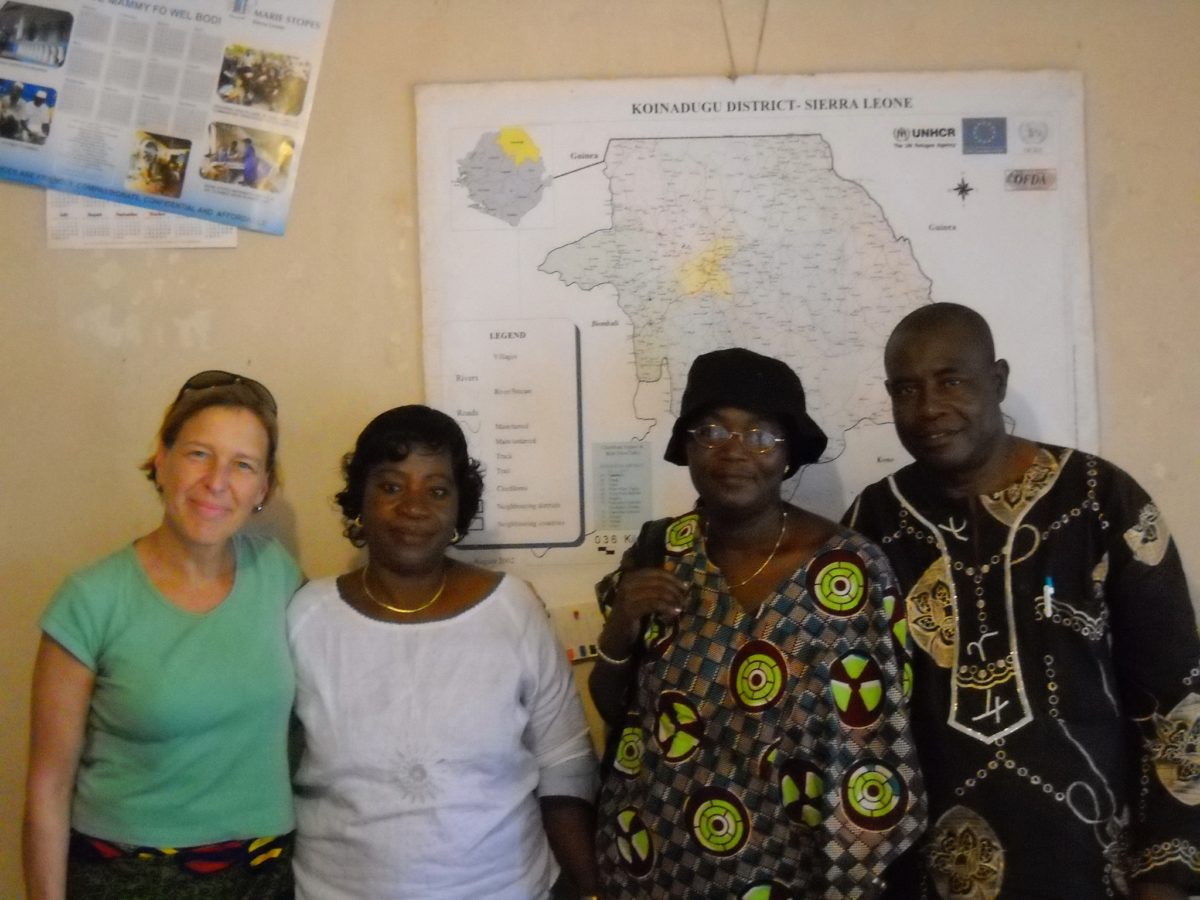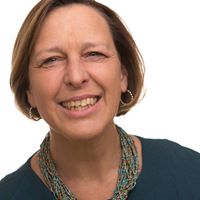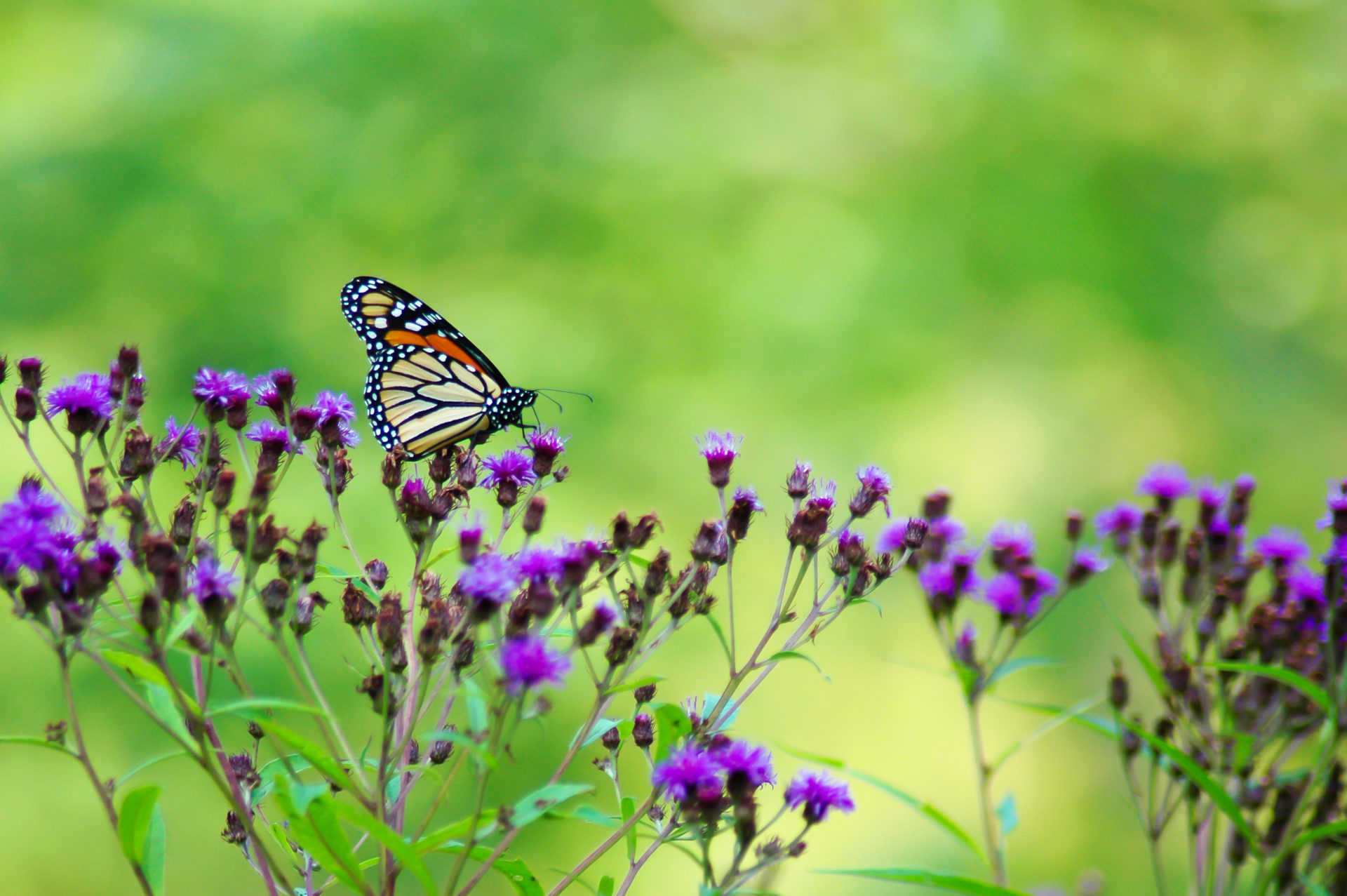Interbeing in International Development
By Jindra Čekan/ová

I have worked as an employee in international development for thirty years, interacting with grassroots organizations, big international charities, and bigger donors. My work led me to Niger, Africa, for Catholic Relief Services, to ask people in the villages affected by agriculture and health projects if they could be sustained or not.
Interbeing in International Development
By Jindra Čekan/ová

I have worked as an employee in international development for thirty years, interacting with grassroots organizations, big international charities, and bigger donors. My work led me to Niger, Africa, for Catholic Relief Services, to ask people in the villages affected by agriculture and health projects if they could be sustained or not. It led me to Kosovo for the American Red Cross and the International Committee of the Red Cross (ICRC) to help design and monitor food security activities. It led me to interview government ministers in ten countries for the Bill and Melinda Gates Foundation on what is needed for water and sanitation projects to be successful.
My grant writing in Nigeria in the 1980s showed me that “development” is challenging to do, for donors’ fund what they believe people need, while local people may want something entirely different, and the task to negotiate the overlap is rarely easy. My studies gave me tools to understand the politics and economics of how countries work but did not prepare me to do more than prioritize, judge, and differentiate, rather than deepening my understanding, compassion, and love for those we are trying to help.
As a follower of Thich Nhat Hanh for twenty-three years, and as an Order of Interbeing member for seven years, I increasingly use his tools in my work by aspiring to be more compassionate and by measuring success differently. One of the key tools I use is walking meditation. For example, when I worked in Kosovo, there were many land mines along the Kosovo-Macedonia border, and people waited in long lines for up to four hours to cross at the border crossing. I had to go back and forth about a dozen times a year, and I used to do walking meditation there. I felt my frustration and fear and I walked with it, slowly unearthing my tiredness and sadness from all I had tried to do under the Red Cross flag for both sides. I felt my guilt at not being able to help everyone and at getting to return to a safe country and home. I walked with my privilege and the entitlements my US and Czech passports gave me. I walked until I could clear these thoughts to be more present with the moment—gravel crunching, trucks idling beside me, the looks of people wondering what I was doing—until I could find more ease and space within.
Once I could walk enough to move beyond my own feelings, perceptions, and discomforts, I could sometimes move on to feel the anger of the protagonists who placed the land mines on either side of the road with the intention of killing and maiming others. I could feel, under their anger, their own great fear for their lives and the lives of their families and friends. This was true for those on both sides of the war. When I was able to focus on their suffering, I practiced tonglen in my walking meditation, breathing in the hatred that led to the land mines being placed, breathing out peace to all who placed them; then breathing in the fear that the mines fostered in all of us, breathing out calm to all around.
The Thirteenth Mindfulness Training on generosity is another tool I use to foster interbeing: “Aware of the suffering caused by exploitation, social injustice, stealing, and oppression, we are committed to cultivating generosity in our way of thinking, speaking, and acting.” When I see others as me, and that we in the privileged north can cause suffering, and that we all need generosity, I can work lovingly for a world where we all have more access to the world’s resources. I nourish this awareness when I go to my sink to wash dishes, knowing that water is available twenty-four hours for me, whereas women I know walk two hours to carry fifty liters of water back home. This moves me to be grateful for this plentitude, and I decided to take a consultancy promoting clean water and sanitation.
Thay’s poem “Call Me by My True Names” is another tool I have used in recent years to look deeply at the fact that there is no protagonist, no antagonist; no warmonger or victim; no “worthy” giver of aid nor “unworthy” receiver of aid. I too am the refugee and the pirate, the impoverished villager and the expert donor; there is no difference between us. When I remember this and act with this knowledge, my work and even my words and thoughts carry a love that is not there when I differentiate. Reading Thay’s poem regularly reminds me we inter-are.
Slowly, oh so slowly, I am beginning to understand that interbeing means living the idea that we are literally one. Bringing this practice to work means bringing an awareness that other people’s happiness is mine, mine is theirs, and working to infuse this truth into project design, monitoring, and evaluation. Too often in global development we end up asking, in essence, “How well did local participants and partners fulfill pre-set plans that donors expected of them?” rather than “How much did our project help the poor, or not, in their view?” So I try to show my clients different measures and ways of thinking about success. It means exploring what communities create themselves that emerge from projects in unexpected ways; this is very different from narrowly focusing on what donors expect. The people thought of as “poor villagers” have as much agency to create their worlds as we do—we are equals. And not living there ourselves, we have little idea what is possible and less power to implement sustained change. I have come to see that everything I do is substandard if I do not see and work for a world where we are equal partners and if I forget that our happiness is inseparable.
Thay often has talked about our two hands, that we should not prefer one or the other but appreciate that both have skills to get tasks done. International development suffers from seeing one hand above and better than the other: “we” are developing “them.” Sometimes I think it would be terrific if the beneficiaries of projects were given the upper hand, for them to evaluate how well we have helped them rather than the other way around. However appealing this idea is, it would mean that someone still had the upper hand and would water our seeds of suffering from the superiority complex and the inferiority complex. Thay says we should not suffer even from the equality complex, and I’m not sure how to wrap my head around that one, but I’m working on it. I’ve come to understand that if we are truly one, then everything I can do to make villagers’ life better based on what they think is better, while assuring donors that their funding is well-spent, is walking my Buddhist path and practicing Thay’s teachings.
I am challenging donors to work with us to prove that our development is sustainable, for donors almost never return to see what continues after they have spent millions of dollars, declared success, closed out the project, and gone elsewhere. I am challenging the Sustainable Development Goal community to listen to how people in communities around the world think they can make their world more sustainable, rather than our offering what we want to give them. I try to live a work life that celebrates that we are one. Sometimes I succeed and sometimes I do not. It is a lifelong practice, and to the depths of my soul I am grateful to the Buddha for creating the path, to Thay for lighting it, and for the millions of practitioners who walk with me. For as Thay says, “We are here to wake up from the illusion of separation.”

Jindra Čekan/ová, PhD, True Collective Maintenance, has thirty years’ experience in international development, using participatory methods to learn from experts in twenty-seven countries, ranging from villagers in Africa, Central America, and the Balkans to policy makers and ministers around the world. She lives in Prague, Czech Republic, with her sons, and she loves giraffes. For more information, visit her website at www.ValuingVoices.com.

